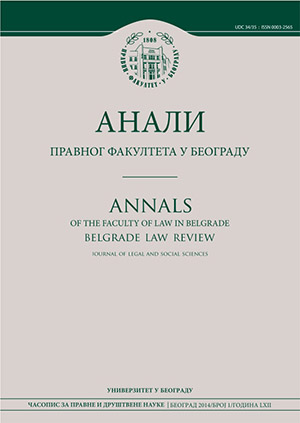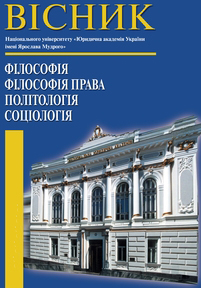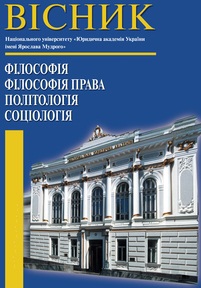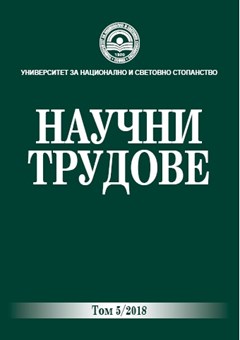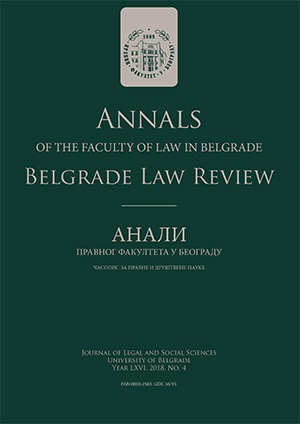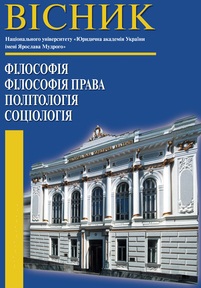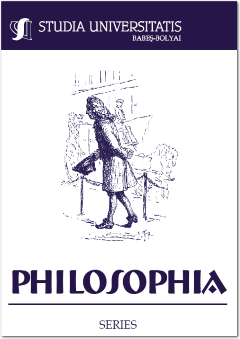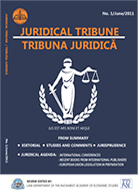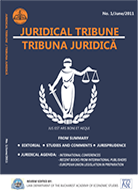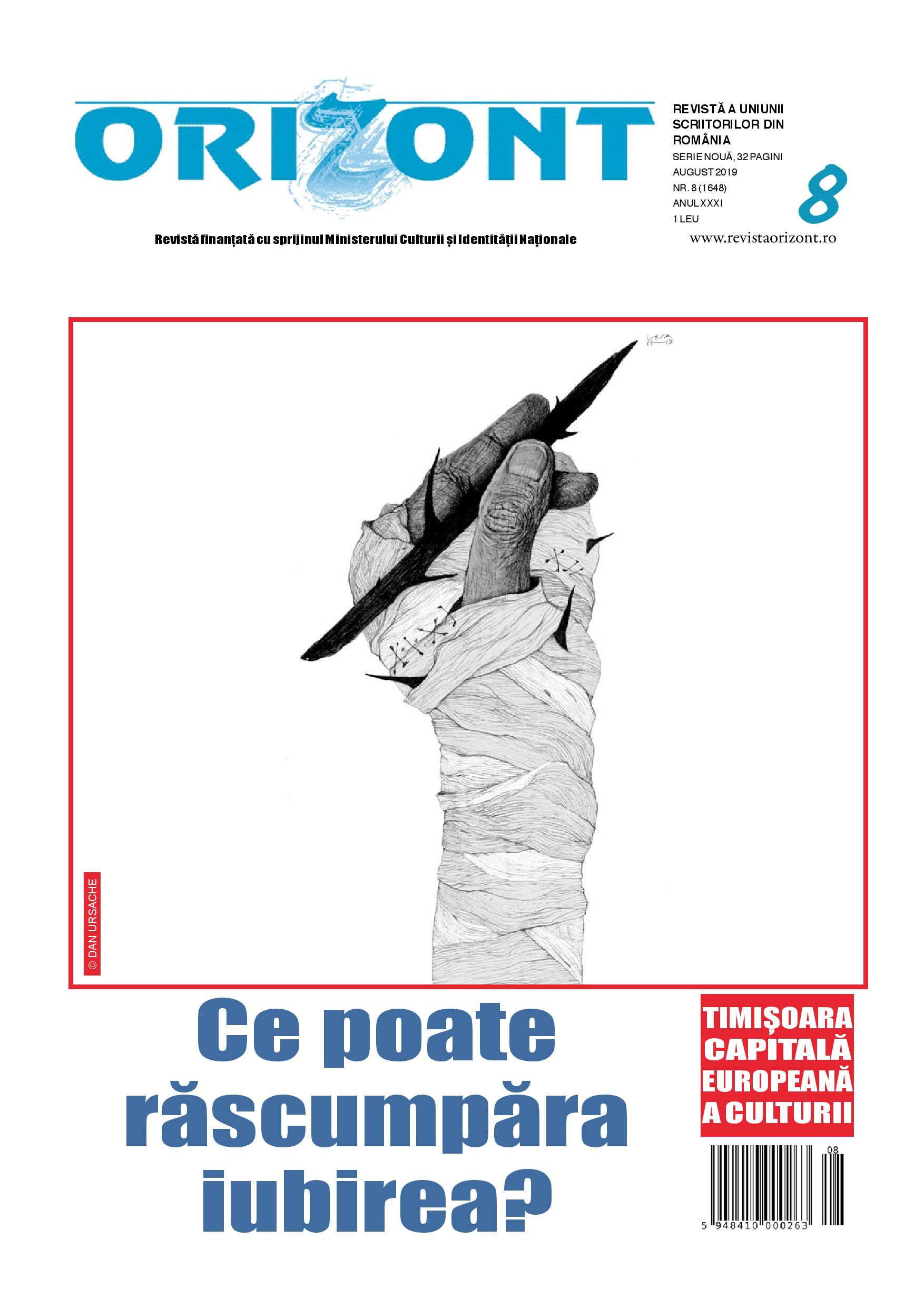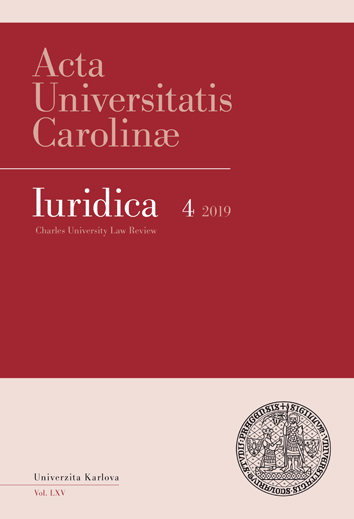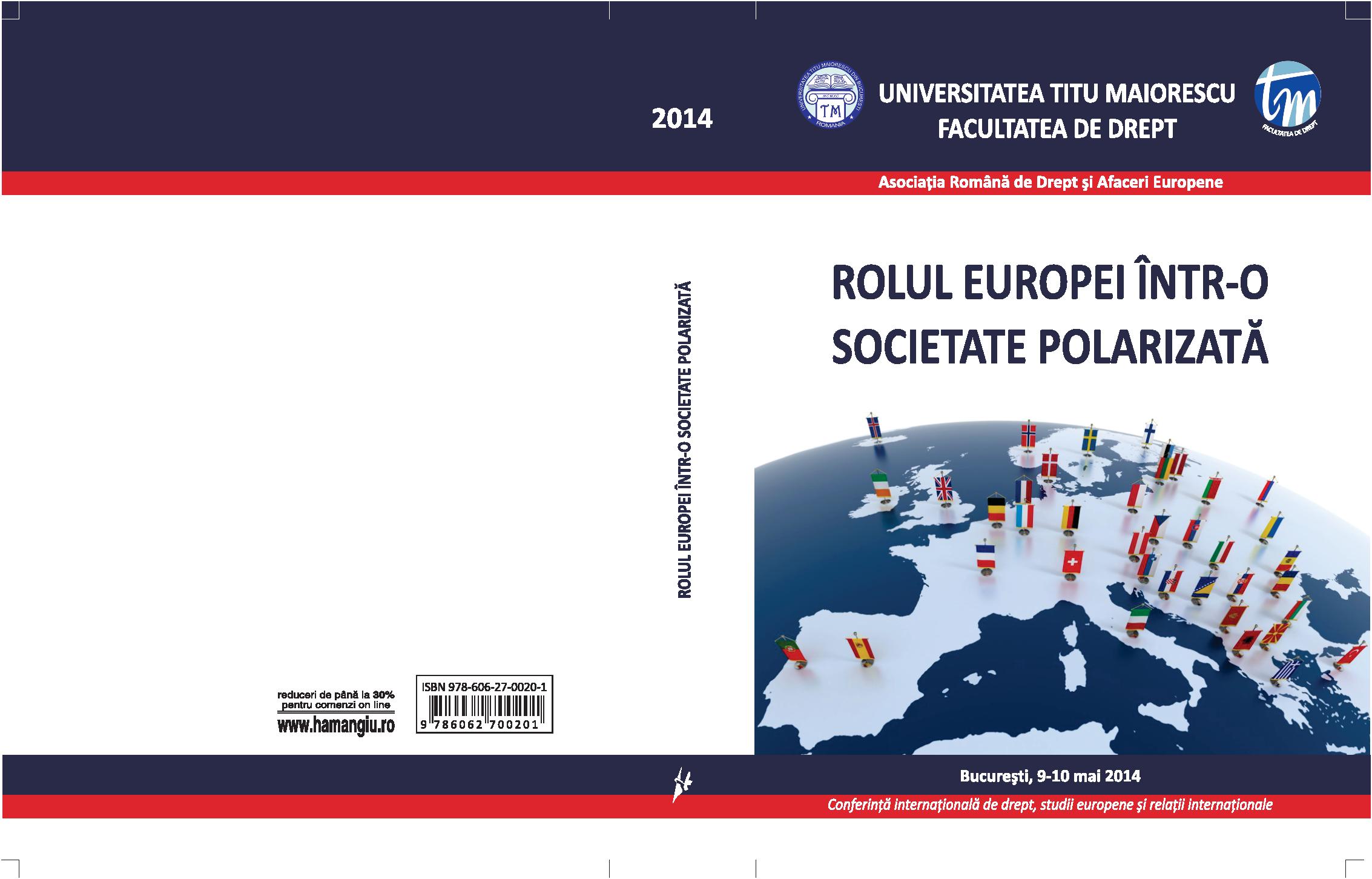Author(s): Yuliia Vasylivna Meliakova / Language(s): Russian
Issue: 1/2019
Problem setting. Being of the subject of law in colorable reality today is very difficult. Virtual and dynamical images, values and social institutes require from the subject of activity, creativeness, anonymity and multi-purpose capability. The subject who entirely acquired by these skills and properties, as well as algorithms of legal choice, is adapted well in modern world. It is characterized as the subject of total equality, the subject of freedom, he is the real subject of law. The way of his being in the world is presence – an autonomous, independent, pragmatic and free presence.Recent research and publications analysis. The questions of ontology of law are very popular in modern philosophy. Law theorists discover new forms and modes of being right. They explore qualitatively different ways of being a subject in law. The actual ontological problem today is the “lack of Reality” in the meaning of “primary reality”, authenticity, naturalness. The postmodern world is a new Reality, which is called the illusory, virtual and simulative. About this in their works write S. Zizek, J. Bodriar, H. Gumbrecht. At the same time, V. Sorokin states the fact of precisely the loss of the reality of law in postmodern jurisprudence. In his opinion, this negatively affects the law, turns legal regulation into a simulation.A number of philosophers pay attention to anthropological problems in the context of a new simulative reality. Thus, S. Zizek and J. Bodriar view the human culture of postmodernism as an elementary consumer and user, led by selfishness, self-interest, and a thirst for pleasure. L. Usanova, S. Kornev, P. Waibel and other domestic and foreign authors also speak about the virtual way of being of a person. S. Kornev asks the question of individual freedom in the “epoch of performance”. P. Waibel is engaged in substantiating the “user paradigm” in modern cognition and creativity. In turn, H. Humbrecht and, following him V. Rybakov consider the mode of presence as the main one for a person simulating in artificial reality. These studies provide rich material from the field of postmodern anthropology, allowing to build a new concept of the subject of law as a Person who is present.Paper objective. The purpose of this study is to compile an anthropological image of a post-human in the status of a subject of law.Paper main body. Superficial meanings and the changeable significance of law today allow us to speak only about its formal presence, but not the real incarnation. Presence is also the main way of being a legal entity. Man’s pure presence in many parallel realities relieves him of moral obligations, spirituality and personal responsibility. He is guided by the simple logic of the consumer and fully realizes his freedom of choice. The choice leads to the identification by the subject of himself in a particular social role for a certain period of time. The alternative and dynamic change of roles provide the subject with a productive simulation, successful self-realization and comfort of existence.Thus, it is the subject of law, which, by definition, is deprived of individuality, exclusivity and spirituality is best adapted to modern reality. The subject of law – formal and abstract – is a typical subject-consumer and subject-user of the virtual world. It is the modern subject of law that best personifies the type of Person who is present in postmodern culture.The definition of self and human choice is becoming more and more radical and unexpected. Freedom of the individual stands in the sense of “liberation” from all stereotypes, traditions, statuses, obligations, moral duty, of various belonging – cultural, social, ethnic, sexual, political, ideological or topological belonging. Today, a person independently determines the value and meaning of things, carries out a subjective legal regulation of events. Knowledge of the legal regulation algorithm makes the subject a full-fledged and relevant in the space of total presence and simulation.Conclusions of the research. A pure presence is ontologically convenient for the user, because it is relevant, legal, legitimate, neutral, anonymous, productive, and most importantly, irresponsible although it guarantees freedom. The Person who is present is able to make the most of the possibilities of the environment and their own. It is legal, not ethical abilities that help the comfortable presence of the subject in the space of permanent choice.
More...
